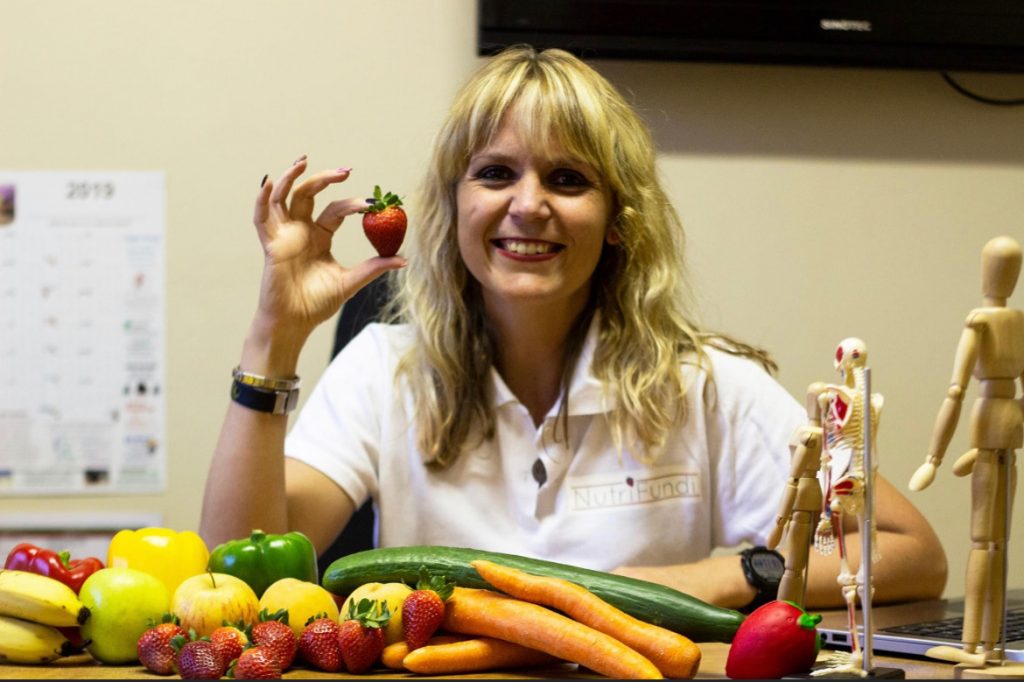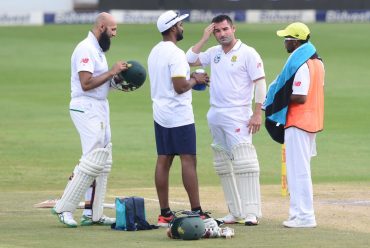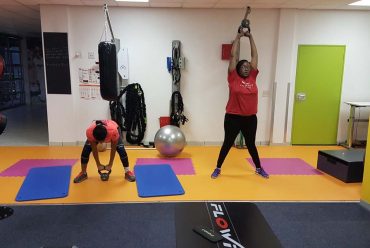Sports Drinks

By Chanelle Retief (B.Sc Dietetics - NWU; M.Sc Dietetics - UP)
Sports drinks and energy drinks are commonly encountered in the gyms, next to the sport field, in our schools and in our offices.
Sports drinks and energy drinks are different beverages. Sports drinks are marketed as beverages that replenish electrolytes lost during exercise, supply carbohydrates, prevent dehydration and sustain endurance capacity. Energy drinks in contrast, are advertised to increase energy and/or alertness. They contain caffeine and other stimulant substances that sports drinks typically do not contain.
When you exercise there are two things that happen in your body:
- You lose water and electrolytes, like sodium and potassium, through your sweat. Sweating is your body’s way of cooling itself. If you don’t drink enough to recover your sweat losses, you can become dehydrated. This can hurt your performance.
- Your body also uses carbohydrates for energy. Being low in energy can also hurt your performance.
Lots of athletes turn to sport drinks and also sometimes energy drinks to combat both of these effects of exercise.
A good sports drink is designed with the right amount of fluid, electrolytes and carbohydrate to help replace your losses during exercise and help you get the most out of your exercise. Sports drinks can help with the following:
- Manage your blood glucose levels.
- Help you feel less tired – and thus help you to train longer.
- Make exercise feel easier.
- Keep you mentally alert which is very important in some sports such as karate and cricket
You could benefit from drinking a sports drink if you:
- Exercise hard for at least an hour. (if you are training for a shorter time period, you don’t need extra sports drinks, just make sure you consume enough water)
- Exercise intensely. Examples of intense activities include; soccer, hockey, basketball and interval training.
- Sweat a lot.
- Have salty sweat. One way to tell is that you’ll notice white powder on your face and clothes after you sweat.
- Wear a lot of protective equipment, like in hockey or football.
- Train or exercise in the heat and humidity.
- Need to replace fluid and energy quickly, for example, during hockey tournaments or if you train or compete more than once per day
While sports drinks are helpful for some people, not everyone needs them. Water is a suitable choice for many people who exercise. You likely don’t need a sports drink if you:
- Exercise for less than an hour.
- The exercise isn’t very intense like walking, casual bike riding, yoga, jogging, swimming or weight training.
If you buy a sports drink, look for one that includes:
- Water as its first ingredient. Water is essential for rehydration.
- Carbohydrates: 4 to 8 grams (g) carbohydrate per 100 mL. Choose drinks that include a mixture of different carbohydrate sources such as glucose, fructose, sucrose and maltodextrin. They are absorbed quickly during exercise to give you the energy that you need.
- Sodium: 45 to 70 mg sodium per 100 mL. Sodium is lost through sweat and needs to be replaced. While the sodium in your regular diet will replace most, having sodium in a sports drink helps replace some as well. Having enough sodium will also increase your thirst and the drive to drink, which will help you to drink more and stay hydrated.
- Potassium: 8 to 20 mg potassium per 100 mL. Potassium is lost through sweat and works with sodium to help restore fluid balance in the body.
- Flavour: improves taste which can help you drink more.
A good sports drink does not need to include added amino acids, oxygen, caffeine or herbal ingredients.
Full strength 100% fruit juice, fruit drinks, fizzy drinks or energy drinks are not recommended during exercise. They contain about double the amount of carbohydrate that is recommended. The carbonation in fizzy drinks and energy drinks could lead to bloating and discomfort making it hard to drink enough to keep up with sweat losses.
To help you get the most out of your sports drink:
- Drink enough to replace fluid lost through sweat. Ask your dietitian to help you calculate this amount.
- Sip, instead of gulp your sports drink during exercise. This will help you absorb more fluid rather than gulping a large amount of fluid at once.
- Rinse your mouth with water after drinking a sports drink, when possible. Sports drinks may contain sugar and acid that can wear down the protective enamel in your teeth and cause tooth decay.
Should I use an energy drink for hydration during exercise? No, energy drinks are not sports drinks. They are not recommended for hydration during exercise or as a replacement for sports drinks. In fact, taking them during exercise could hurt your performance. Most energy drinks contain either too much or too little sugar for during exercise and most are carbonated.
- They either contain over 11 g of carbohydrate per 100 mL, which is hard to absorb during intense exercise, or they are calorie-free and don't provide any energy at all.
- The carbonation in energy drinks also makes it harder to drink enough fluids and can cause stomach upset during exercise. In addition to caffeine, energy drinks often contain ingredients like guarana (a source of caffeine), taurine, inositol, glucuronolactone and herbals such as ginseng or gingko biloba that may not be well tolerated by some people. The immediate feeling of “energy” is most likely due to the stimulant effects of the caffeine.
Sports drinks can play an important role in the diet and performance of an athlete, but it is important that it is included only where necessary and used to optimize sport performance. Contact your dietitian if you are unsure about your favourite sports drink!





